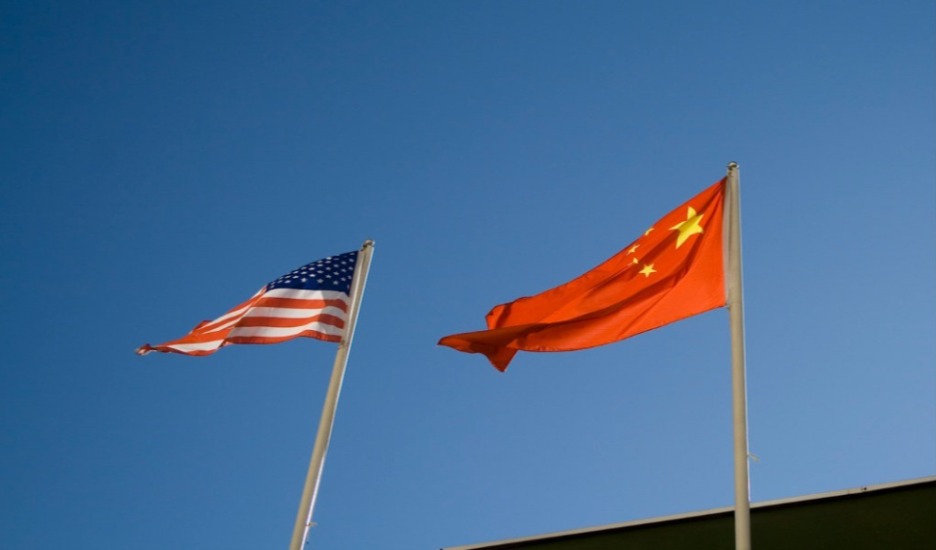Correction/Update: China Did Accept the American Formulation in the Cyber Deal
On Friday I read the transcript of the translation of President’s Xi’s remarks with President Obama to leave a possible gap in what China and the United States agreed to in the announced cyber deal on Friday.
Published by The Lawfare Institute
in Cooperation With

On Friday I read the transcript of the translation of President’s Xi’s remarks with President Obama to leave a possible gap in what China and the United States agreed to in the announced cyber deal on Friday. In the English transcript Xi reiterated that China opposed the theft of commercial secrets but seemed to fall short of agreeing with the American formulation of the norm as not stealing “with the intent of providing competitive advantages to companies or commercial sectors.” However, the well-informed Adam Segal points out to me today that in Xinhua’s “Outcome list of President Xi Jinping's state visit to the United States” – which is apparently an English translation of the functional equivalent of the White House Fact Sheet – China does seem to accept the American formulation. The outcome list states:
China and the United States agree that neither country's government will conduct or knowingly support cyber-enabled theft of intellectual property, including trade secrets or other confidential business information, with the intent of providing competitive advantages to companies or commercial sectors.
This acceptance of the precise American formulation does not come in a treaty or legally binding document. But it does mark an agreement by China of the American position on the impermissibility of stealing commercial secrets for the purpose of aiding the country’s firms—precisely where the United States says it draws the line in practice between permissible and impermissible cybertheft, and precisely the line that the United States has sought to press on the world.
China has until now denied that it engages in commercial theft of any sort even while credible sources say that it has been engaged in massive commercial theft. So we will see if its acceptance of the American position at the rhetorical level results in a change in behavior. As President Obama said, "the question now is, are words followed by action."
Another question -- and one that will inform whether words are followed by action -- is about what the words mean. There are at least two places in the accepted formulation that will be subject of possible disagreement and divergent interpretation, even before we get to issues about verification and enforcement.
First, as I noted in an earlier post, it is unclear what the phrase “conduct or knowingly support” excludes. What will count as governmental “support” for non-governmental cyber-theft emanating from China? What about governmental awareness and tolerance of such activities? Is that support, or something short of support?
Second, what will count as cybertheft with the “intent” of aiding local firms? The intent requirement leaves it open to China to steal commercial secrets with a different intent, such as promoting the nation’s national or economic security, enforcing its laws, and the like (which the United States apparently does as well). China and the United States have different economies and governmental systems and different conceptions of national and economic security, so there is much room for interpretive disagreement here too.
Perhaps the two nation's have worked out these ambiguities in private. But I doubt it. Getting China to accept the United States' general formulation was likely hard enough.


.jpg?sfvrsn=5a43131e_9)


